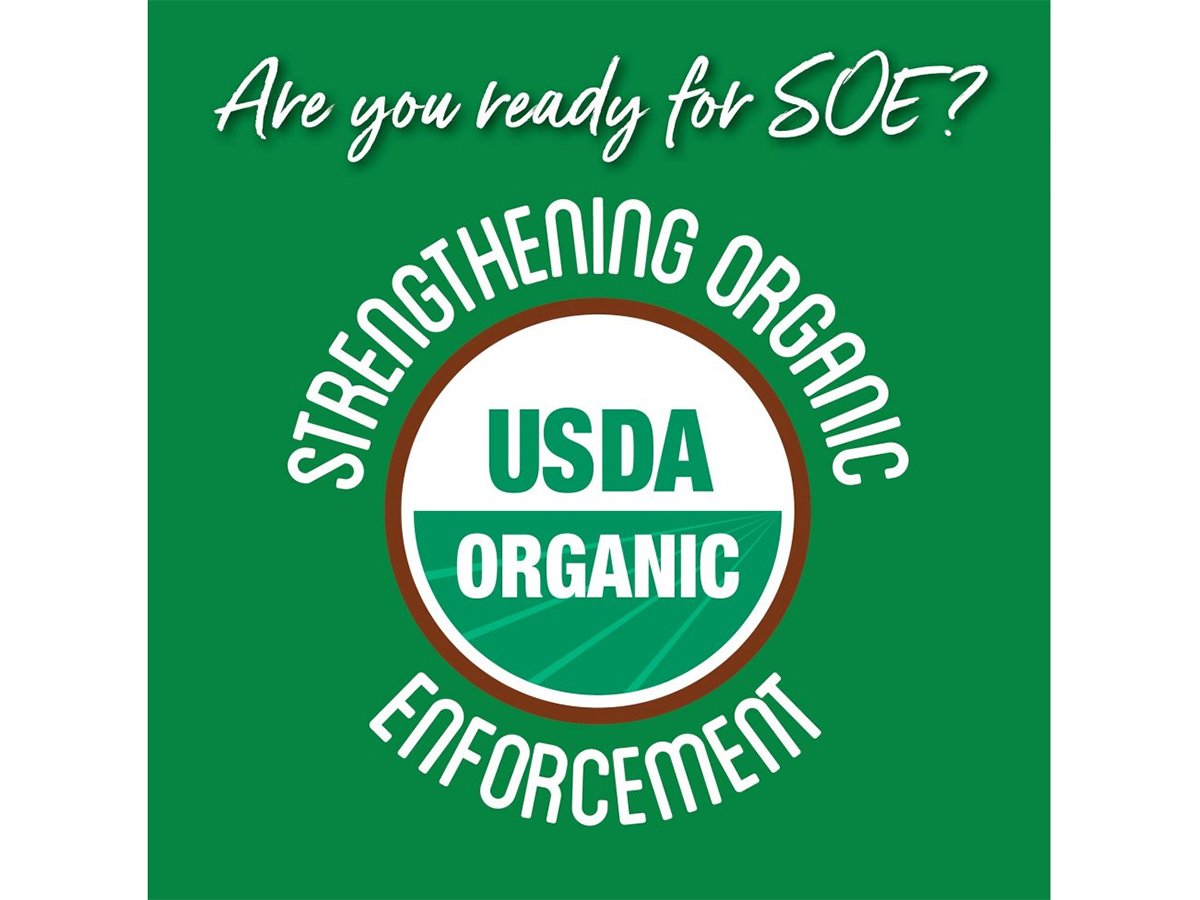It will take more than talk to convince the Canadian Wheat Board that growers in a special winter wheat program should be required to use certified seed.
The wheat board wants evidence that certified seed offers an advantage in a winter wheat program where growers keep their production segregated for the sake of identity preservation.
When the IP winter wheat program was started a couple of years ago, certified seed was a requirement for growers wanting to participate.
However, the wheat board softened that stance last year and lifted the requirement entirely this fall, partly in response to farm groups that saw no justification for it.
Read Also

U.S. rules frustrate Canadian organic exporters
Exporters of organic grain and food are struggling to get their products to the U.S. market as new rules designed to curb organic fraud hit Canadian companies.
“We’ve talked with farmers and they say they don’t think there’s an issue with their saved seed as long as they’re taking the steps necessary to make sure that it is pure,” said Patty Rosher, senior program manager in product development for the board.
But the subject is a concern for commercial seed growers. They argue that pedigreed seed offers advantages to both growers and the end users of winter wheat in the IP program. They say one of the advantages is the purity of seed provided by a crop grown with pedigreed seed versus common or saved seed.
During the Manitoba Seed Growers annual meeting in Brandon Dec. 9, association president Terry Rempel said he raised the issue through a letter to wheat board chief executive officer Adrian Measner.
“I asked him, ‘how do you expect to know what you have if you’re not sure what you’re starting with? How do you expect to run an IP program with no way of verifying that the product you are offering to your customers is the variety you say it is?’ “
The reply he got was that the board wants proof that purity is an issue for farmers participating in the IP winter wheat program and for end users of the crop.
“I think I see a research project in there,” Rempel said. “We will be talking with other western seed boards to see about taking up the challenge.”
There were 75,000 acres committed to the IP winter wheat program in the past cropping year. Rosher estimated about 40,000 acres were dedicated to the program this year.
Seven varieties of Canadian Western Red Winter wheat are eligible for the program. The winter wheat is marketed to buyers in Malaysia, Thailand, Mexico and Canada.
Rosher said no one knows how varietal purity changes when a grower starts with certified seed but then continues with common seed saved from that first crop. This year the wheat board will monitor the IP winter wheat to get a sense of how purity and the overall quality of certified seed compares to that of saved seed.
“We’ve heard the concerns from the seed industry and we have asked them: ‘Rather than just lobbying us to use certified seed, show us some proof that certified seed is the only tool you need to show varietal purity.’ “
The seed industry also has suggested that the overall quality of winter wheat in the program would be better if certified seed was required, said Rosher, but she has not seen convincing evidence.
The Canadian Seed Growers Association also would like certified seed used in all programs involving identity preserved crops.
“At the very minimum, all new participants in an IP program should be required to start with certified seed,” said Bob Wiens, a director with Manitoba Seed Growers.
















